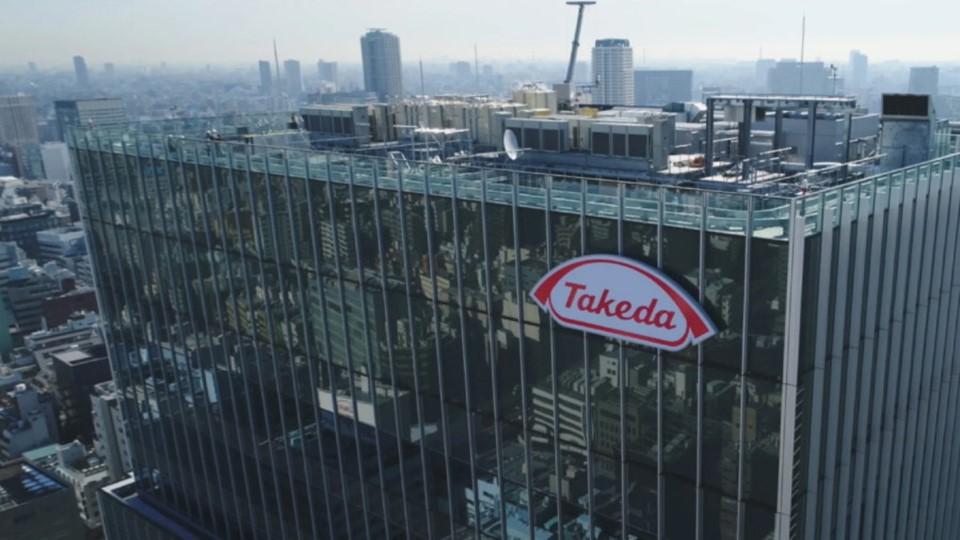Takeda bags FDA okay for Fruzaqla in colorectal cancer

The FDA has approved Takeda’s Fruzaqla for a group of patients with relapsed or refractory metastatic colorectal cancer, offering another option for patients who have exhausted earlier lines of therapy.
Takeda said that Fruzaqla (fruquintinib) has been cleared for use in adults with CRC who have been previously treated with chemotherapy, an anti-VEGF drug, and – if appropriate – an anti-EGFR therapy.
The Japanese drugmaker said the oral drug – which inhibits all three VEGF receptor kinases – is the first targeted, chemotherapy-free therapy for metastatic CRC that can be used regardless of biomarker status or prior therapies to be approved by the FDA in more than a decade.
Takeda licensed ex-China rights to fruquintinib from Hutchmed earlier this year in a deal that included an upfront payment for $400 million and a top value of $1.1 billion, if all development, regulatory, and sales objectives are met.
Fruquintinib has already been approved in China under the Elunate brand name, becoming the country’s first home-grown therapy for a major form of cancer back in 2018. It is partnered in China with Eli Lilly.
Takeda bought into fruquintinib shortly after the drug showed its worth in the international FRESCO-2 trial, reducing the risk of death by 34% compared to placebo in this heavily pre-treated population of metastatic CRC patients, regardless of their biomarker status, when given on top of supportive care.
The drug showed similar efficacy in the FRESCO trial in a Chinese patient population, but the FDA is loth to approve new drugs on the strength of data without data generated in US patients.
The FRESCO-2 results were billed as “practice-changing” when they were reported at last year’s ESMO congress, setting up a challenge to established therapies for pre-treated CRC, including Bayer’s multikinase inhibitor Stivarga (regorafenib) and Taiho’s chemotherapy Lonsurf (tipiracil hydrochloride and trifluridine).
Stivarga was approved by the FDA for relapsed or refractory CRC in 2012, with Lonsurf getting a green light three years later. Earlier this year, Taiho’s drug was also cleared for use alongside off-patent VEGF antibody bevacizumab for exactly the same patient population as Fruzaqla.
That means Takeda’s drug offers an oral alternative to Lonsurf/bevacizumab, which requires an intravenous infusion of the antibody component of the regimen. Fruzaqla is also under regulatory review in Europe, having been filed with the EMA in June.
“There is a pressing need for new treatments for individuals with metastatic colorectal cancer, who have had limited options and continue to face poor outcomes,” commented Teresa Bitetti, president of the global oncology business unit at Takeda.
“For far too long, healthcare providers and patients have had limited options when selecting a therapy for metastatic colorectal cancer,” she added. “Fruzaqla has the potential to offer a significant survival benefit to patients without negatively impacting their quality of life.”
Analysts at Panmure Gordon have previously suggested that ex-China sales of fruquintinib could be as much as $1 billion a year at peak.













